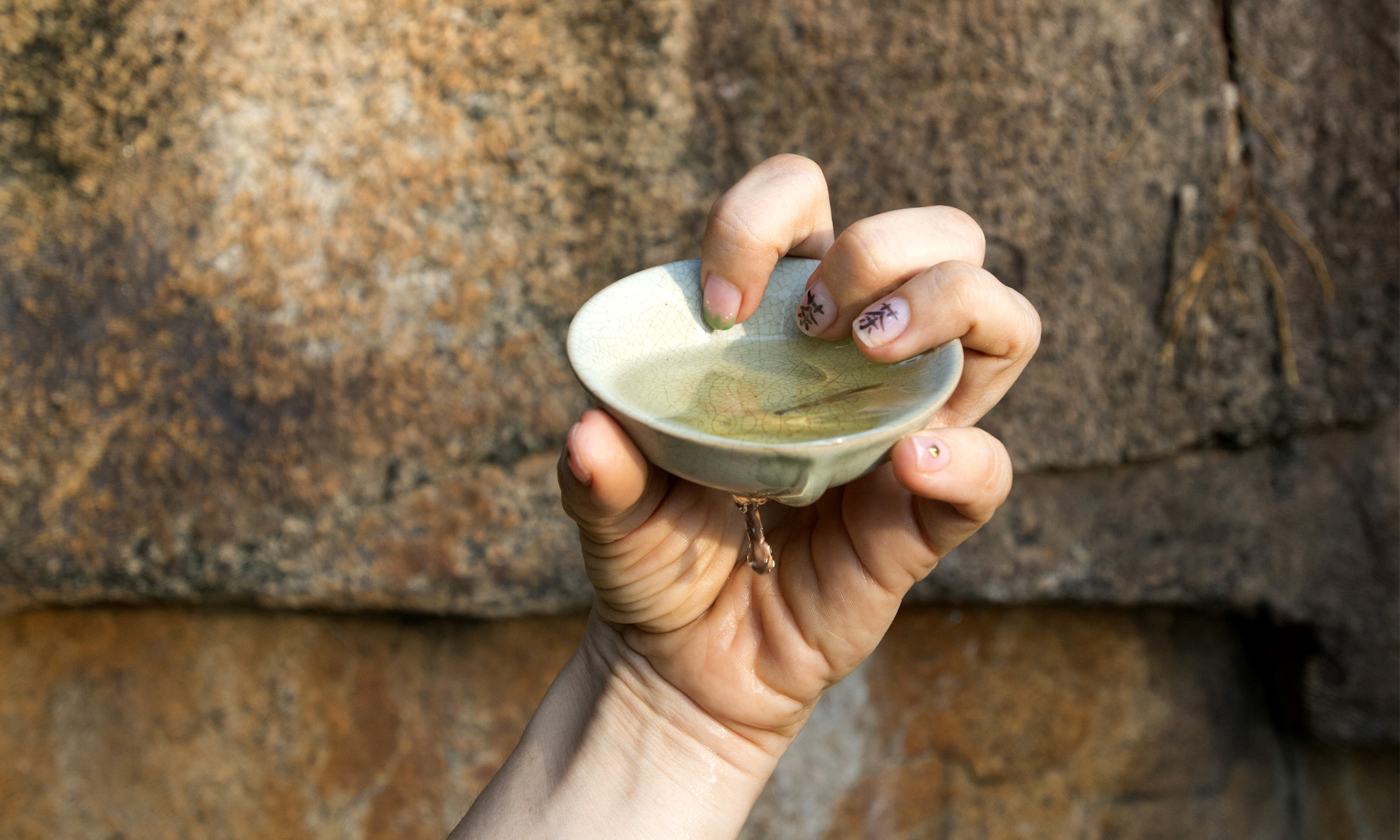Was Emperor Qianlong a meme? Join the regal ranks in a humble thank you.
When the company you are travelling with is an emperor, it presents problems for the entourage. As in most ancient civilizations, China no exception to the rule, the rulers of the day were considered deity or at least offspring of deity. So then, how does the son of a god travel around the land? Well, it would really depend on the reason for hitting the road…
If one is out to impress, go ahead – travel in regal style with hundreds of servants and army members accompanying the lord of the land, leaving nobody in doubt who is in question. However, if the trip at hand is more in line with wanting to know how the country and citizens are really doing, getting out all the pomp and decor that goes along with being an emperor surely is more of a distraction than help. Hence, the 4th emperor of the Qing Dynasty, Emperor Qianlong (1736-1795) decided to do something quite unheard of and travel incognito with just two trusted aides, hoping to have the needed freedom to inspect the land and not be recognized. As the legend has it, Emperor Qianlong made his aides very nervous by insisting that while on the road they also eat together at the same table. This would have never, ever, never been done had they remained at the secure confinements of the royal court. But for the sake of his disguise the Emperor insisted. Poor lackeys! Can you imagine their knees shaking and the thoughts racing through their minds?

As if all of this were not enough, what does the Emperor do next when the tea arrives, but goes and lifts the tea pot and personally serves the poor men! Talk about a severe case of palpitation! Now, the two trustworthy aides are really stuck: under normal circumstances (not that this great an honour would have ever fallen upon them at the palace, I promise you) and normal etiquette, the only appropriate thing to do, would have been to fall to their knees and kow-tow all the way out of the room. Just the sheer honour of having been served tea by the son of the dragon is enough, forget about actually drinking it. But alas! Being in the middle of a local restaurant, on an undercover mission with the audacious emperor, torn between servile responsibilities toward the mission and master, what can they do? They are most certainly not in position to let this whimsical debt of gratitude bestowed upon them go, but at the same time the customary procedures are out of the question.
Long live Chinese ingenuity – and may it save face for many others to follow! The darling two men, each clenched their right hands in a light fist, and by using their index finger and middle finger slightly unfurled, knocked the first knuckles on the table lightly. By doing so, they mimicked the action of one kow-towing on one’s knees with their fingers. Thus, they found a way to honour their object of veneration and keep up the disguise. Well done guys! Knuckle knees all the way!

Let’s flash back to modern day just briefly. Here in Fujian, daily cup loads of precious tea joy are served among a huge variety of company. And at some point, it rubs off on you: you start saying thank you the local way. You tap the table lightly with a finger or fingers. Nowadays, tapping with two knuckles is considered good behaviour mainly when one is being served tea by someone considerably older than yourself. Or if you want to give the brewer a bit more prestige than usual. Tapping on the table is a very economical way of going about the gratitude of being served: it doesn’t interrupt the flow of conversation; it is not intrusive or elaborate in any manner, considering how small the cups are and how many times they need to be filled; and it is -even among the closest of friends – an accepted form of showing gratitude. It has lived on, yet only every now and then will the actual background story pop up in tea table conversation.
I can’t help but wonder, how did the habit spread through the social classes and the ages. What it must mean is: a) the two aides got back to court safe and sound, and started telling the story OR b) the Emperor Qianlong was so delighted with the solution that he told the story on. Did it then just, as is often the case, seep through the social classes as something that started as a royal fad? Or was there more involved – did, say the Emperor, afterwards require this replayed again and again or were the two lackeys so full of themselves, they insisted others to thank their tea service in like manner? It would be curious to know. Many little habitual quirks seem to be born of superstition. This I can understand to a degree. Most of us are concerned with bettering our future lot. But, what explains this age-old custom? How, and why, did it survive over a couple of centuries?
In modern terms, I suppose the question would be – is Qianlong responsible for the first real life meme? If that is the case, The Guinness World Book of Records might need to be revised.

